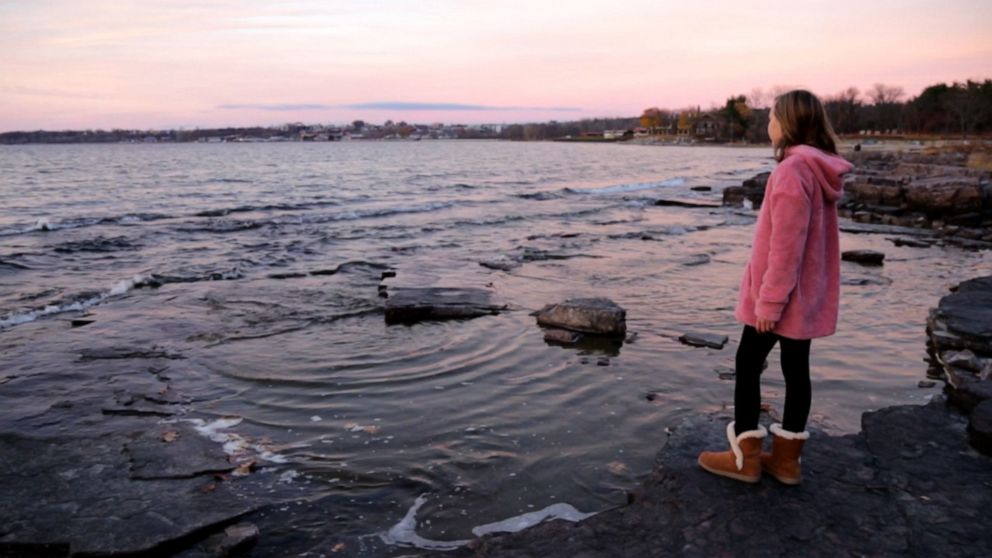Vermont welcomes newcomers amid pandemic after years of grappling with a waning population
BURLINGTON, Vt. -- It's a damp and dreary day in Milton, Vermont -- the opposite of what California kids Lucy, 5, and Arlo, 3, Carmichael are used to. They still look at this as home now, though, climbing trees and throwing rocks in the Lamoille River.
"My kids are over the moon at the amount of space that we have," Megan Carmichael told ABC News.
The family's journey to get to this moment has been a long one. Over the summer, they decided to break their lease in Ventura County, California, sell the majority of their belongings, buy a recreational vehicle and drive across the country.
"COVID was absolutely the hugest reason why we chose to leave Southern California," said Carmichael. "There were rising numbers and not a lot of precautions being taken by our neighbors and our communities. So, we knew we needed to go somewhere safer."
Eight days and more 3,000 miles later in the RV, they landed with family in western New York. Shortly after, they were inspired by a socially distanced visit with old friends in Vermont to move to the Green Mountain State.
"We love it," Carmichael said. "I could not have expected to feel so at home in a place that I had never been before."
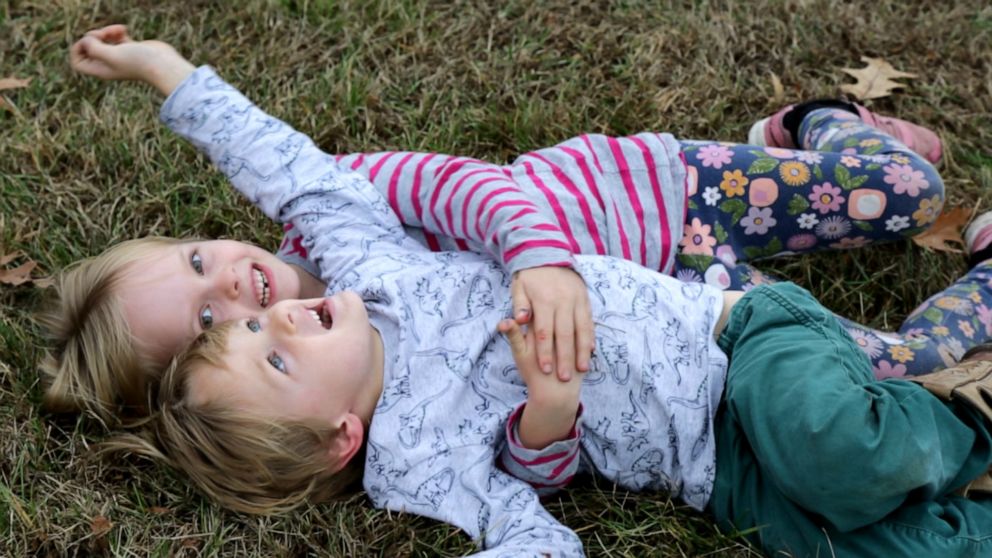
The Carmichael’s story is becoming more common for Vermont – the outdoor-loving rural mountain state that saw the lowest rate and number of positive coronavirus cases in the country over the summer, though cases are now climbing again. Positive COVID-19 cases are surging across the US, with nearly one million new cases recorded in the last week. According to the Vermont Department of Health, 593 residents had confirmed cases of COVID-19 the week of Nov. 16 – more than double the state’s peak in April.
There is no government data available yet on how many people have officially made the leap, but there are hints: Reports of P.O. boxes selling out in small towns, school enrollment numbers on the rise and a hot housing market.
"There'll be multiple offers on any one house. I mean, when I say multiple, like five to 10 to 12 within hours of the listing. So, it's been pretty, pretty nuts," Sue Aldrich, owner/broker of Coldwell Bank Classic Properties told ABC News. "It's more than 50% above what we do in an average summer."
Aldrich said housing inventory was already low before the pandemic, creating a fiercer fight for properties.
"We had calls from so many people from out of state, they wanted to see things even if they couldn't get here. They wanted us to go take videos. Sometimes they bought sight unseen," Aldrich said.
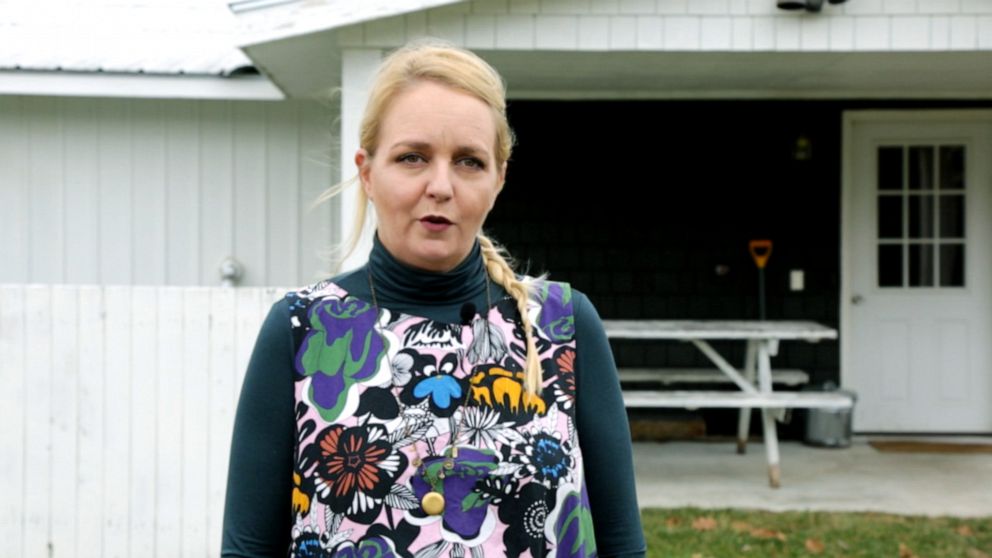
A recent study by Pew Research analyzed moving trends for four age groups. The most mobile were 18-29 year olds, citing colleges shutting down and job losses. But the second largest demographic were older millennials, ages 30-45.
All of this comes as good news to state officials, who have been grappling with population decline for years.
"We have been working for a couple of years now to try to address the demographic challenge that we have identified," Vermont's Commerce and Community Development, Lindsay Kurrle, told ABC News. "Our state is the second oldest in the nation, and there's a workforce shortage."
Kurrle helped spearhead several state initiatives before COVID-19 to nudge young families to make the move -- one granting up to $10,000 to successful applicants planning to relocate to Vermont. Now, she says, she's even more optimistic.
"Bringing young families into our state is so great in terms of our education system, we need more students in our school systems. We have the capacity," she said. "We see increased tax revenue with the sales income tax, property tax -- a variety of ways that they contribute and just, you know, adding to the overall feel of the communities."
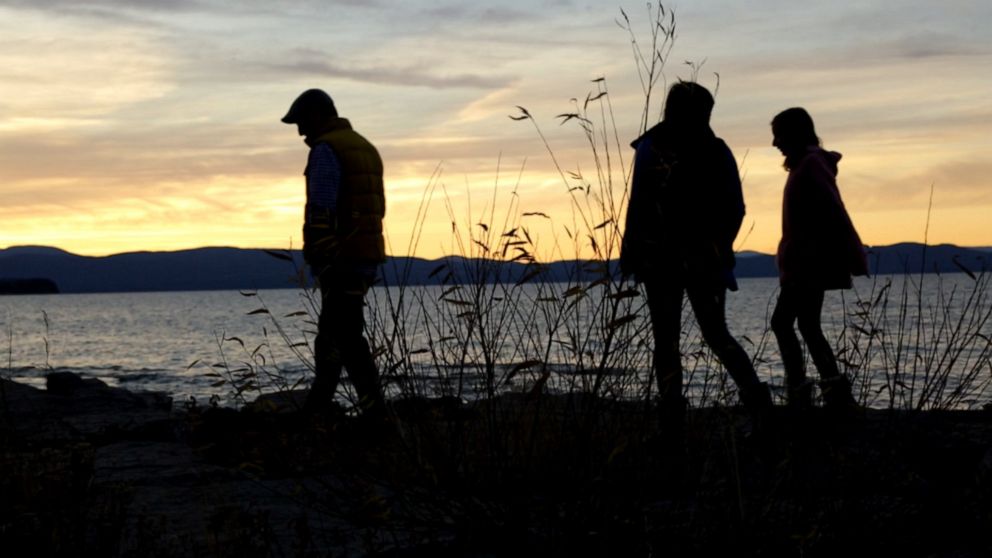
One of those communities is Woodstock, Vermont, where interim superintendent of Windsor Supervisory Union, Sherry Sousa, said they've seen a 20% decline over the last 10 years in student populations.
"Over the summer, we enrolled more than two hundred students new to our district," said Sousa. "There's about a thousand students. Annually, we usually bring in about 30 to 50 new students in -- during the summer. So this has been an extreme jump for us."
Half of the new students are from out of state, she added.
Sousa said this sudden influx isn't a financial burden either.
"Vermont funds schools based on student enrollment, so we do receive benefit from having additional students," she said. "We need new students and really benefit from having diverse individuals coming into our community."
She said parents surveyed by the district cited access to the outdoors as one of the major draws for relocation.
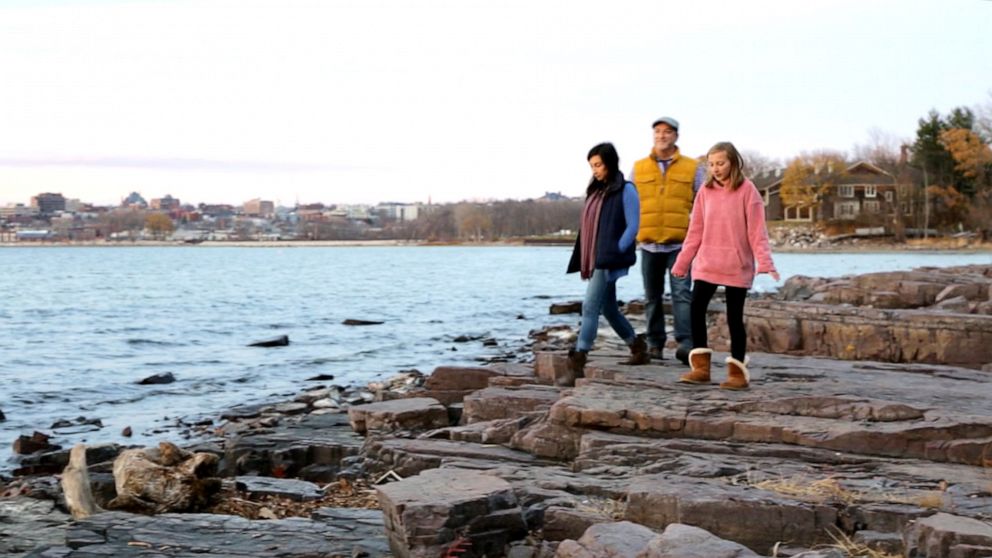
This reason rings true for Missouri natives Alexis Hildebrand and Alan Reichard, who said access to the outdoors and the state's low positivity rate attracted them to make the move to Burlington over the summer.
"My wife has an autoimmune disorder," Alan Reichard said. "We felt like our governor in Missouri was not taking things very seriously with regards to the virus. So that, coupled with people who refused to wear masks, made it a pretty simple decision to go to a place where correct protocols were in place and the numbers were where we'd like them to be."
Reichard said they had been planning to move abroad, but when the pandemic hit and the borders closed, they scrapped their plans and looked stateside.
"As a state that fully values the outdoors, Vermont can't be beat," Reichard said. "We love it."
Today, Reichard is a local teacher while Hildebrand works remotely. Their daughter, Lydia Perrigo, attends a nearby school, which her mom describes as "top notch."
When asked if they had experienced animosity from any long-term residents, who sometimes grumble about the wave of newcomers arriving, Reichard said, "We've read a few stories of people not being enthusiastic about folks moving in but we've been received with open arms by everybody we've befriended along the way."
In a post-coronavirus world, who will stay and who will go will be the question on the top of state officials' minds. But for now, Reichard said, "Vermont has been a good fit for us and I'd like to think if we had to do it all over again, we would."
